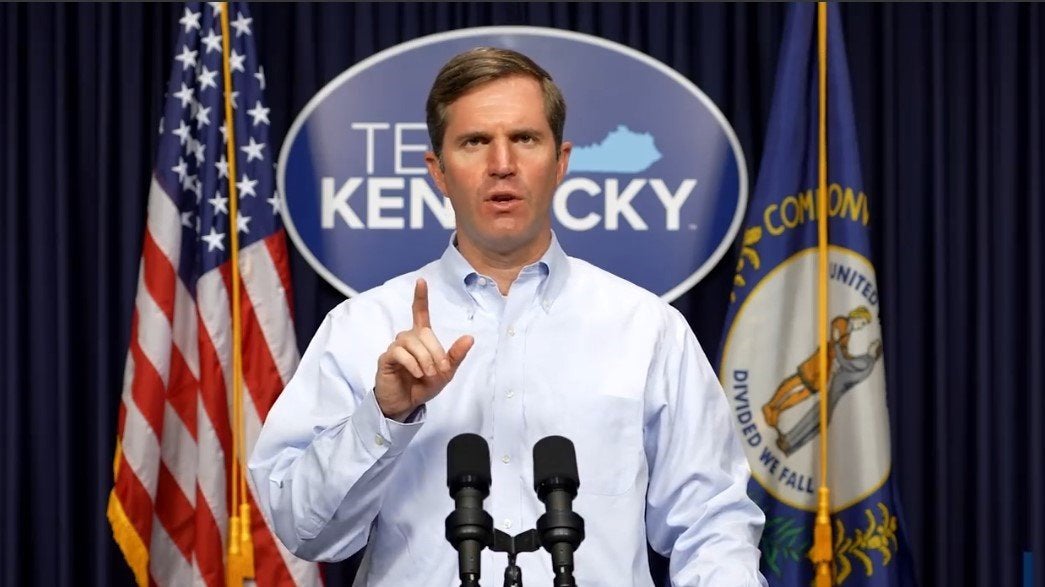Restaurant tax a far-off possibility for Danville
Published 2:55 pm Tuesday, September 6, 2016
By KERRY STEINHOFER
kerry.steinhofer@amnews.com
Over the years, the possibility of a restaurant tax has been a hot topic of discussion in Danville as the possibility of it coming to the city continues to increase.
“The Kentucky League of Cities sees restaurant taxes as one of the only taxes that could be used to help struggling cities with their budgets,” CVB director Jennifer Kirchner said.
Restaurant taxes add an extra percentage sales tax on top of Kentucky’s statewide 6-percent sales tax. Harrodsburg has a 3-percent local restaurant tax, which means consumers pay a total of 9 percent in sales tax at restaurants in that city.
When restaurant tax first came to Kentucky, it was made legal only for third and fourth class cities, such as Harrodsburg. The tax was made legal only for smaller cities to help them generate more money for their convention and visitors bureaus.
Kirchner said KLC believes they need to level out the cities because the cities that currently have a restaurant tax are generating millions of dollars of revenue, which completely changes the dynamic of their city and they are no longer considered small. KLC wants to change the restaurant tax law and make it available for every city in Kentucky rather than just for the smaller cities.
Under proposed legislation, “all cities, counties and merged governments would be authorized to levy the tax, but they would not be required to levy the tax, as it would be a local option,” Danville City Manager Ron Scott said.
For restaurants, having a restaurant tax exempts them from paying the net profit tax, which can reduce additional tax burdens on them, Scott said. A restaurant tax means some taxation is no longer on restaurants’ shoulders, but on the shoulders of the customers instead, he said.
Because of the reduced tax burdens on the restaurants, Scott said he believes restaurant owners should be in favor of the tax.
One possible concern for both restaurant owners and customers is the increased price of restaurant bills.
Scott said the restaurant tax would cause a very little increase to a restaurant bill, and will go unnoticed by customers. Restaurants should not fear losing business and customers shouldn’t worry about the increased cost. Other cities have grown and been more successful because of the restaurant tax, so it does not hurt restaurant business.
Before a restaurant tax can be implemented in cities such as Danville, a new law would have to be passed by the Kentucky General Assembly making it legal. At that point, the individual cities would be able to vote on implementing a restaurant tax.
If a city decides it wants to implement the tax, it’s able to choose a rate between 1 and 3 percent. Scott said if the tax came to Danville, it could generate annual revenue of between $517,000 and $1,549,000 or more, depending on the percentage chosen.
“It would be very beneficial to Danville, if enacted, as it would produce additional revenue to meet local needs,” Scott said. “However, funds could only be expended to support tourism, recreation and economic development within the taxing jurisdiction.”
Scott said potential projects that could be funded by a restaurant tax include replacing the 30-year-old Bunny Davis recreational complex; improvements and upgrades at Millennium Park; and other related projects.
Under proposals for legalizing restaurant taxes in more cities, a portion of the restaurant tax revenue would go to the cities where a tax is implemented and the other portion would go directly to the local convention and visitors bureau. Currently, 100 percent of restaurant taxes go to the local CVB.
“The legislation last proposed … would require at least a minimum of 25 percent of the restaurant tax to be given to local tourism commissions, although this amount could be increased if agreed to by the city and tourism commission,” Scott said.
“As mayor, my primary job is to see to it that tax dollars are spent wisely,” Mayor Mike Perros said. “My next job is to promote economic development in order to keep tax rates as low as possible.”
Currently, the restaurant tax discussion is still happening at the state level in Frankfort, where state senators and representatives will have to make a decision.
Even though it’s being discussed now, officials said it could be another year or longer, until the tax becomes an option for Danville.
“I cannot emphasize enough from where I sit, we absolutely have to have this and I don’t like the options if we don’t get it,” Perros said.





